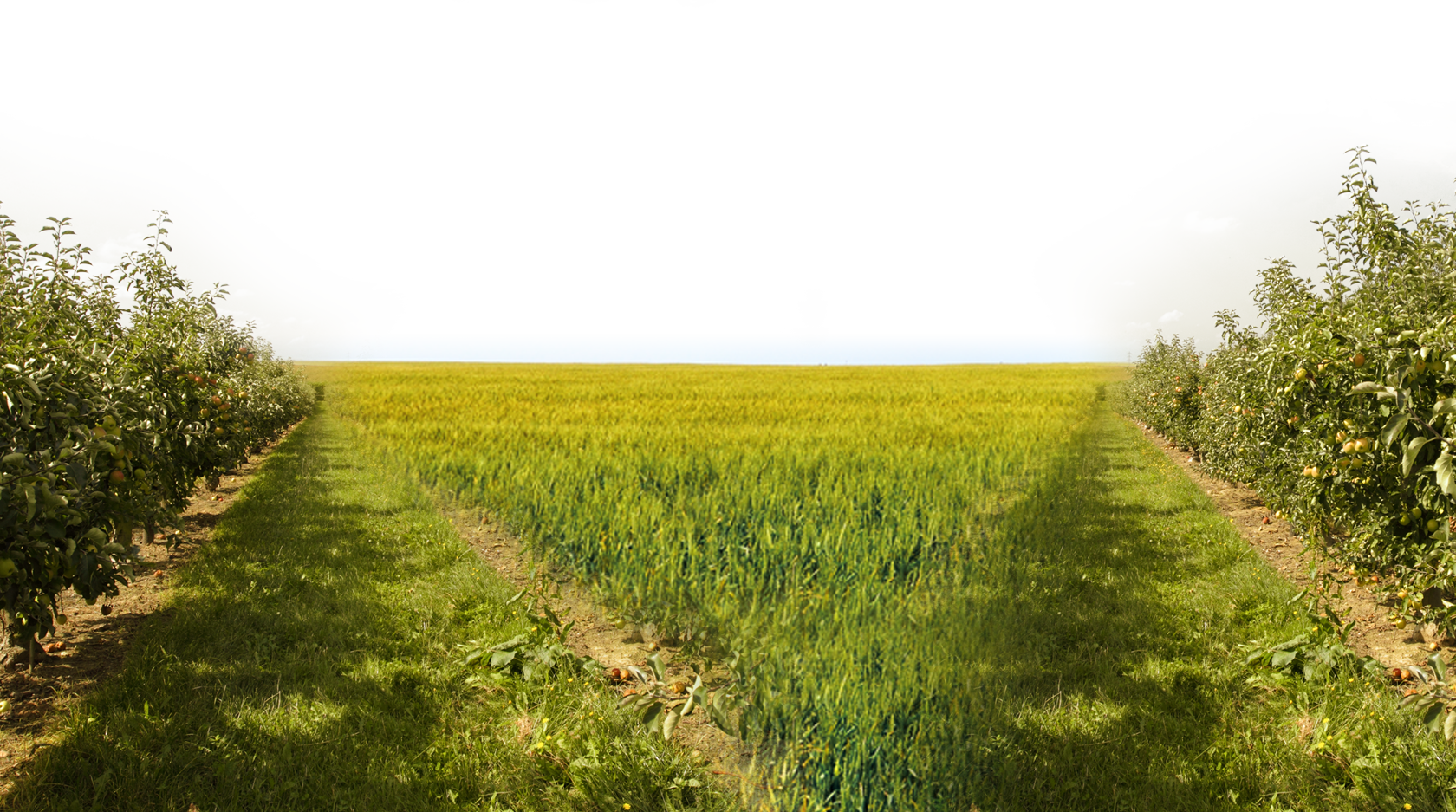
National Nutrition Month: a good time to ‘make the case’ against bad food ingredients
By Linda Bonvie | 0 Comments | Posted 03/30/2015
Now that National Nutrition Month is drawing to a close, one might ask what the significance of the occasion actually is.
Well, in case you weren’t paying attention, it’s supposed to be a yearly focus on making better food choices. This year’s theme was “Bite into a Healthy Lifestyle.”
It originally started in 1973 as National Nutrition Week. Then, in the early ‘80s, the founding sponsors, the Academy of Nutrition and Dietetics (formally known as the American Dietetic Association), decided to expand it to fill the entire month of March.
But it looks like from the very start, the business of making better food choices has been an uphill battle. And that’s in large part thanks to the sneaky way some really bad ingredients have crept into the food supply. And I’m not just talking about “junk” food, either, but everyday food staples that somehow became hazardous to our health.
Let’s consider some of the key pieces of evidence:
Exhibit A: High fructose corn syrup
Right around the time the first National Nutrition Week kicked off, a new sweetener secretly started being used in foods and drinks. First it was just in soda – but now it’s in almost every imaginable food you can think of.
So much so that in 2011 the Corn Refiners Association reported that over 19 billion pounds of the stuff was shipped out.
But over the last five decades we’ve learned a lot more about HFCS. For instance:
- Countries that consume large amounts of this sweetener have a 20 percent higher occurrence of Type 2 diabetes than in places where it isn’t used.
- HFCS can increase your levels of cholesterol and triglycerides.
- A diet high in fructose slows down the functioning of the brain, hampering memory and learning.
- Excess fructose, especially in the form of HFCS, can contribute to weight gain and obesity as it has little effect on the parts of the brain that regulate appetite.
Exhibit B: The war on fat
Sometime at the end of the ‘80s, two big reports came out pointing the finger at dietary fat. As author Marion Nestle describes it, the message was supposed to be about reducing saturated fat, “but the assumption was that it was too complicated,” she said.
So instead of sorting through the different aspects of the issue and trying to explain us what’s involved, the “experts” merely instructed us to go the “NO FAT — LOW FAT” route.
And that push probably brought more disastrous foods and food additives to the table than anything before or since. Things like Olestra, the fat-free marvel that will send you running to the bathroom. Or the rise of butter substitutes filled with heart-attack causing trans fats. Or all those fake creamers, eggs and ersatz meat products. Or the “flavor enhancers” like MSG that make bland, low-fat food tastier, but can cause some really serious side effects.
Dr. Walter Willett, Chair of the Nutrition Department at the Harvard School of Public Health remarked recently that the low-fat campaign “has had some pretty disastrous consequences.”
And it seems that we’re only just recently trying to take that fat-free genie and stuff him back in his bottle – and being told the real story: that not all fat is bad — it’s the KIND of fat you’re eating.
Which brings me back to National Nutrition Month. I think it’s much too important a topic to just give one month to. After all, we eat 12 months out of the year, so why just stick nutrition away in March. What about April, May and June?
And why not take this year’s theme: “Bite into a Healthy Lifestyle” and really make it happen?
One of the easiest ways to do that is to incorporate as much organic food into your diet as possible. We know how good fresh veggies and produce are for us. But the big advantage in choosing organic processed foods is that they don’t contain any artificial colors, flavorings, preservatives, artificial sweeteners, or partially hydrogenated oils. When you buy organic, you might even be able to leave your label-reading glasses at home!
And that will make a biting into a healthy lifestyle a whole lot easier.


 Contact us
Contact us



























